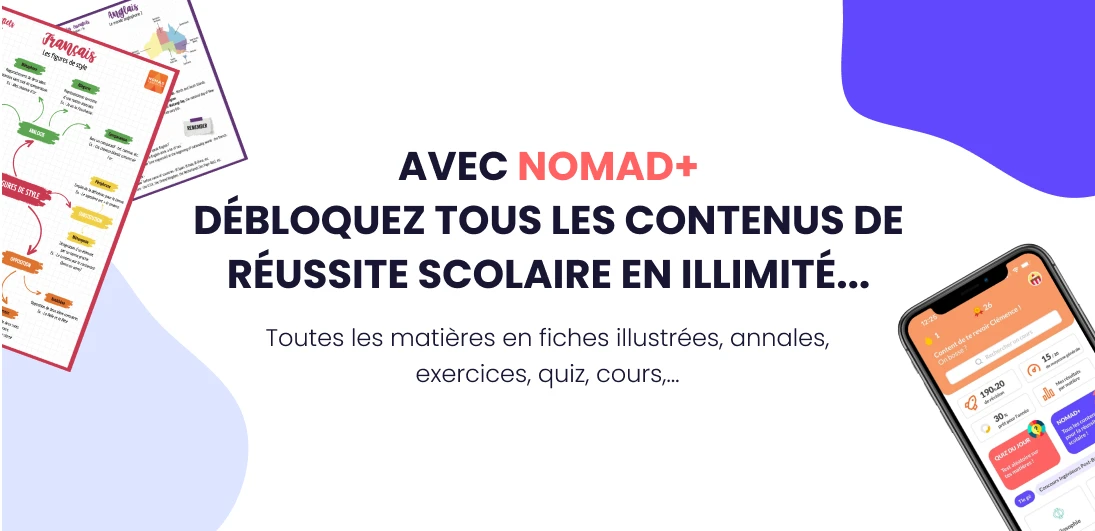- Si l'hypothèse peut encore se réaliser, on emploie :
Le présent pour exprimer cette hypothèse (introduite par "if" par exemple) et le futur "will + base verbale" dans la proposition principale.
"If it rains, we will stay home". - Si l'hypothèse a peu de chance de se réaliser dans le présent, on emploie :
Le prétérit modal après "if" et le conditionnel "would + base verbale" dans la proposition principale.
"If he asked me, I would help him". - Si l'hypothèse ne s'est pas réalisée dans le passé, on emploie :
Le plus-que-parfait après "if" et le conditionnel passé "would have + participe passé" dans la proposition principale.
"If he had asked me, I would have helped him."
Je maîtrise l‘hypothèse et la condition (Anglais 1ère)
📝 Mini-cours GRATUIT
🎲 Quiz GRATUIT
📄 Annale PREMIUM

Sujet zéro : Art et pouvoir / Andy Warhol: Pop, Power and Politics



